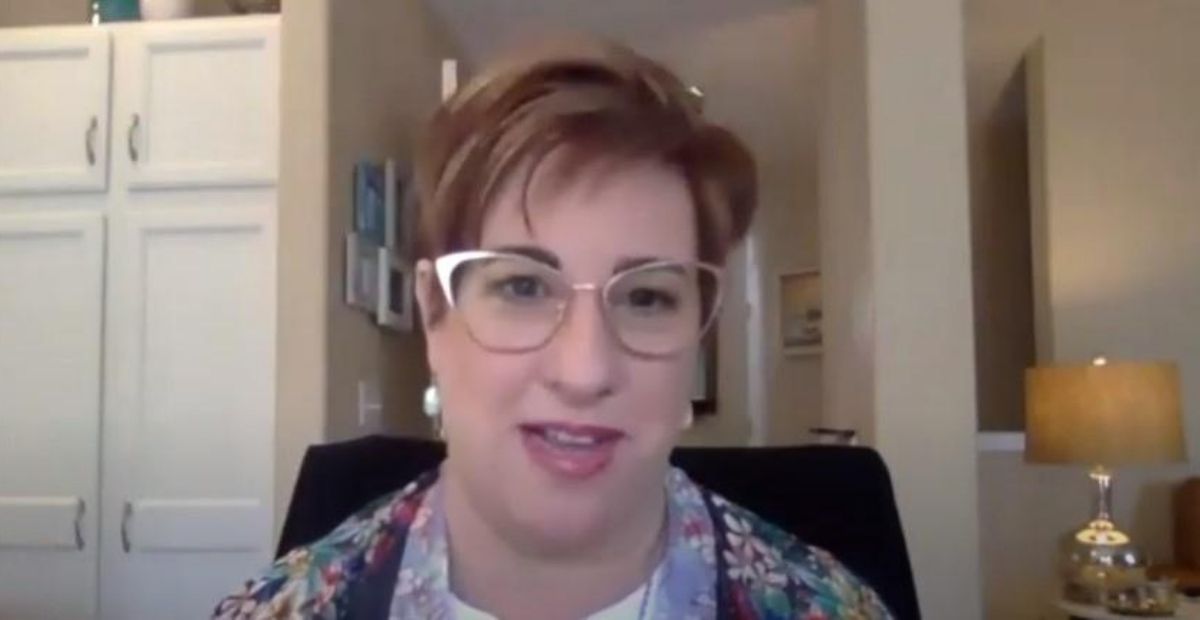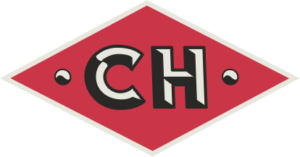Heather Lutze and The Findability Formula for Attracting Customers

I recently had the privilege of working with SEO expert Heather Lutze. Heather helps companies understand how to drive the right kind of traffic to their websites. She is an accomplished search engine optimization (SEO) expert, author, speaker, and founder of Findability University.
Heather offers a workshop titled The Findability Formula: Profitable Strategies for Drawing Customers to Your Website, and I took away a ton of actionable items from her sessions. During the workshop, Heather asked, “What are we saying to a robot about who we are?” That question really caught my attention because considering it forces us to sharpen the focus of our content creation.
Heather also enlightened us about how many different versions of Google there are, how to continuously validate search rankings, how to get more cost-effective pay-per-click results, and why Pinterest matters to search engines.
After our week of workshops ended, I sat down with Heather for a “bring your own coffee” type of conversation. There was one final question on my mind that she was kind enough to answer. Watch my interview with Heather to find out how she responded and what else we discussed.
I also encourage you to pick up a copy of Heather’s latest book, Marketing Espionage, and start directing the right traffic to your website.
TRANSCRIPT
Chad Harvey (00:05): Chad Harvey here with Heather Lutze. Heather is a search engine optimization expert. She’s an ex-patriot from Yahoo. She owned her own agency for 15 years. She’s the author of, count them, three books, including “Marketing Espionage”. I think that’s the most recent one.
Heather Lutze (00:20): Mm-hmm (affirmative).
Chad Harvey (00:20): She’s toured with Tony Robbins. She’s the creator of “The Findability Formula” and the founder of Findability University. And this week, Heather was kind enough to run two fantastic sessions for both of my Vistage groups, a lot of value there. And, Heather, while the energy is still high, I wanted to ask you one question here. What’s the one thing that you wish every business leader knew about their online presence?
Heather Lutze (00:46): I think the one thing is their website is an indispensable member of their marketing team, and it is not a sales brochure, and it’s not just there to give them an address and a phone number. You have to step back. Especially now in the world we’re living in, having your online presence be a thought leadership platform rather than a sales brochure. So, if your website is three years old, you don’t blog, and you don’t socialize those blogs, then try to put yourself in the shoes of Google. When they’re looking for experts in specific fields, and you want to be findable as a thought leader in those fields, you’ve got to have a website that is rocking. Right? It’s got to be fairly new in design. You have to be blogging at least once a week ideally, and then socializing those blogs on all of your social media channels.
So, it’s all three knitted together. It’s not just one thing. So, as you’re talking to vendors, maybe you’ve got a social media guy and you’ve got an SEO guy, and you’ve got a web developer guy, you want to think about how they all work together in unison. So, if you know what your keywords are at the very beginning, that’s what we looked at in our Vistage meeting, then you say, “Okay. Now that I have my core pages for my website, I’m a thought leader now. It looks great”, and it starts to rank under phrases, then you move to a blogging strategy. Now, a blogging strategy is…
A blog is on RSS feed, which means that Google knows that people can subscribe to that and get your ongoing content. And that’s really… If you’re going to be a thought leader, that’s your ongoing research. It’s what’s happening in the industry today. And then you bring your perspective to that.
And then finally, if the blog is your ongoing research, then of course your peer validation is social media: your likes, your followers, your subscribers, your mentions. And Google has been very clear about the fact that it ranks your site based on the website, the website authenticity, and the content. Then it also ranks the website based on your blogs, and those rank faster than pages on your website. So, blogging is incredibly important. And then finally, Google also watches the mentions and the shares and the followers of that content. So, if you’re operating and each one of those is a different silo, then you probably want to take a step back and see how are they all coordinated together, and what can I bring from the Vista meeting that will make everyone singing the same tune?
Chad Harvey (03:20): Fantastic. I love the idea of your website being a thought leadership platform, and the way you knit some of these different concepts together into an overall strategy. I think you just used the term “peer validation”. I’ve never heard that before, but it makes tremendous sense. I love it.
Heather Lutze (03:34): Yeah. Yeah. Think of every website is a professor in the minds of Google, and how you show up as a professor is whether you get tenure. So, you have to think about yourself as a professor who publishes so you don’t get kicked out of Stanford. And what the students think about it and what the other professors think about it is very important. So, if you could think about yourself as an online professor in your field, and you approach it that way, not as a marketing person, but a thought leader in your industry, that’s when things will turn the tide and you’ll start getting real leads from your online marketing effort.
Chad Harvey (04:12): Online professorship… What I just heard is I need to wrap my website in a tweed suit.
Heather Lutze (04:18): Right. And corduroy pants.
Chad Harvey (04:21): Thank you very much, Heather. It’s been a pleasure.
Heather Lutze (04:23): You’re welcome.
